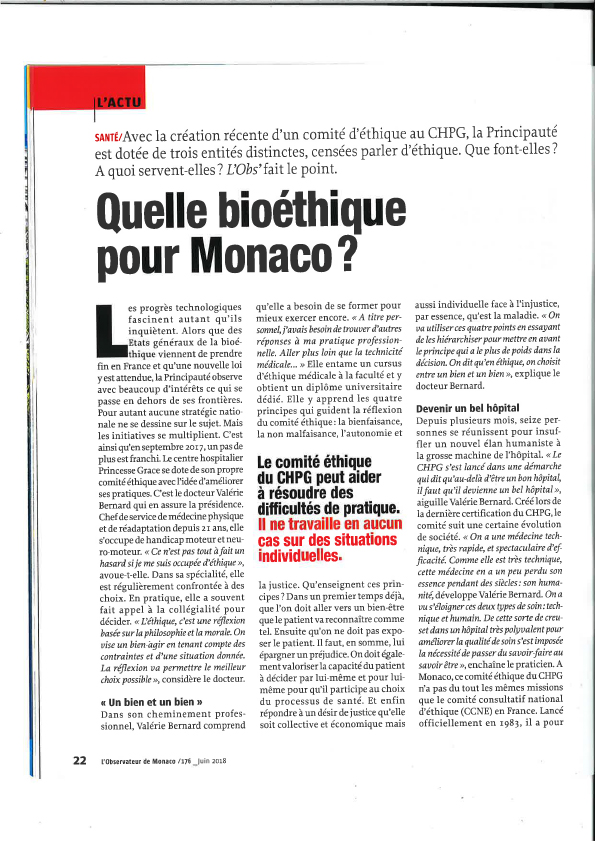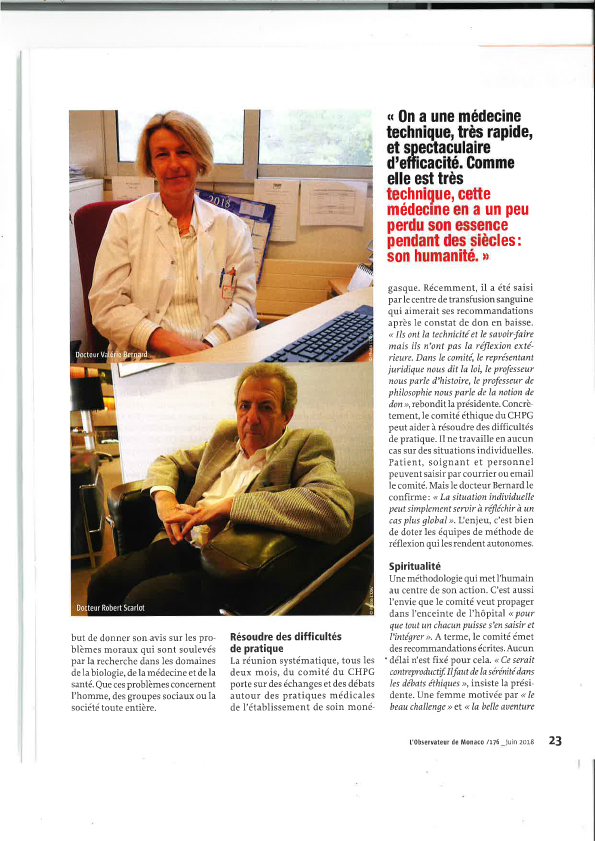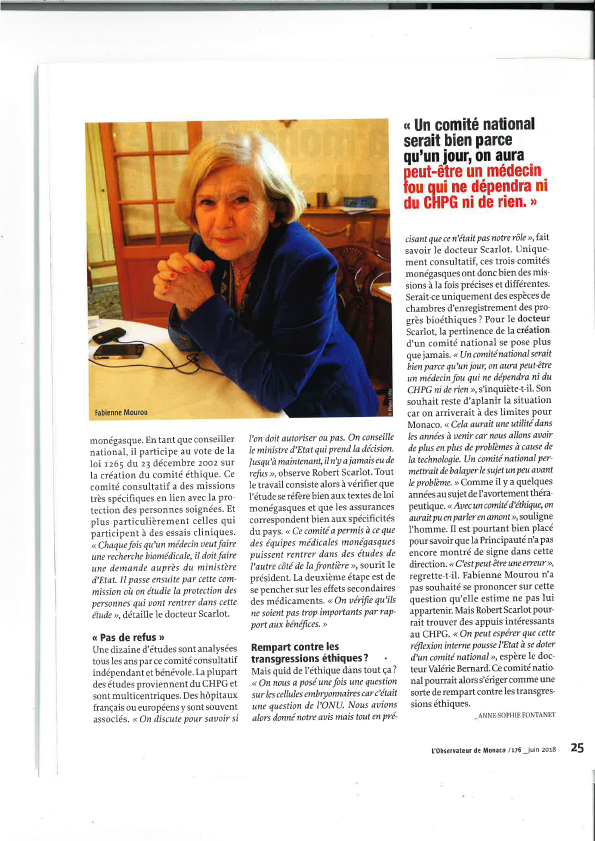The 2018 situation on advances in cell therapy – Prof Eliane Gluckman
2018 has been particularly rich in new therapeutic breakthrough thanks to the work of researchers in the field of fundamental biology, genetics and bioinformatics. This work, which was launched more than 10 years ago, is now paying off and leading to an explosion of therapeutic concepts and products for the human kind.
The major contributions are : cell therapy, gene therapy, targeted therapies and immunotherapy.
Cell therapy
The first umbilical cord blood transplant was successfully performed 30 years ago. Since then, many progresses have been made using umbilical cord blood stem cells, through the establishment of stem cell banks for therapeutic use.
Besides stem cell transplantation for malignant haematological diseases such as leukemia and non-malignant haematological diseases such as medullar aplasia and hemoglobinopathies like sickle cell disease, new indications are emerging as autoimmune and inflammatory diseases.
Many studies use either umbilical cord blood or also the one from the cord or placenta rich in many stem cells.
The main applications use mesenchymal cells wich are very numerous in the cord tissue. These cells have immunomodulatory and anti-inflammatory functions.
Many trials are in progress. Among the most promising trials, we can count the treatment of autoimmune and inflammatory diseases such as lupus, diabetes, scleroderma or multiple sclerosis.
Trials in neurological diseases are also prevalent in psychiatric illnesses such as autism spectrum disorders, stroke, and neonatal hypoxia.
Regenerative medicine is the subject of many trials, but some are done outside of strict controlled trial protocols which validity is debatable. These uses of uncommitted cell products are rising many issues as they may give false hope to patients with serious illnesses or disabilities. For this reason, the scientific community is encouraging rigorous control of the application and results of these new therapies.
Gene therapy
This therapy consists of bringing into the cell a missing or deficient gene. The first trials were launched more than 10 years ago on children with severe immune deficiency but had to be dropped because of complications related to gene modification. Since then, we have continued to do some research to use more secure and more efficient vectors to carry the missing gene and correct genetic damage. This year, Professor Cavazzana published, in a prestigious journal, the results of a Franco-American study on the correction of Sickle Cell Disease by gene therapy. These results raise great hopes because they will enable doctors to treat many children born with a genetic disorder of hemoglobin, thalassemia and sickle cell disease. Other teams have reported encouraging results in other genetic diseases such as hemophilia, some genetic diseases of metabolism or immunity.
Targeted therapies
Studying the tumors in molecular biologyhas enabled the researcher to detect abnormalities in the cellular metabolism that show by the appearance of mutated molecules in the cell and on its surface. The goal of targeted therapies is to manufacture drugs that will be active only on tumor cells recognized by these markers of cancer. The first drugs were introduced more than 20 years ago for the treatment of chronic myeloid leukemia. Today, a large number of targeted therapies have been put on the market for the treatment of leukemias and also solid tumors such as melanoma, lung cancer and other tumors, with particularly interesting results.
These great discoveries bring a profound change in the prognosis and treatment of these diseases which weren’t always sensitive to chemotherapy until now.
Immunotherapy
The concept of immune control of tumors is not new but no treatment to activate the patient’s immune system against the tumor has proven to be effective so far.
Thanks to the genetic manipulation of the patient’s immune cells to target tumor cells, a very effective way to destroy tumor cells has been found. These cells called CAR T cells (Chimeric Antigen Receptor) have given spectacular results in the cases of patients with leukemia refractory to chemotherapy. The results were convincing enough to get the marketing autorisation more quickly than the usual. Many trials are currently undertaken to evaluate the efficiency and toxicity of this immunotherapy. Other immunotherapy methods are being tested and are expected to give results in the near future.






